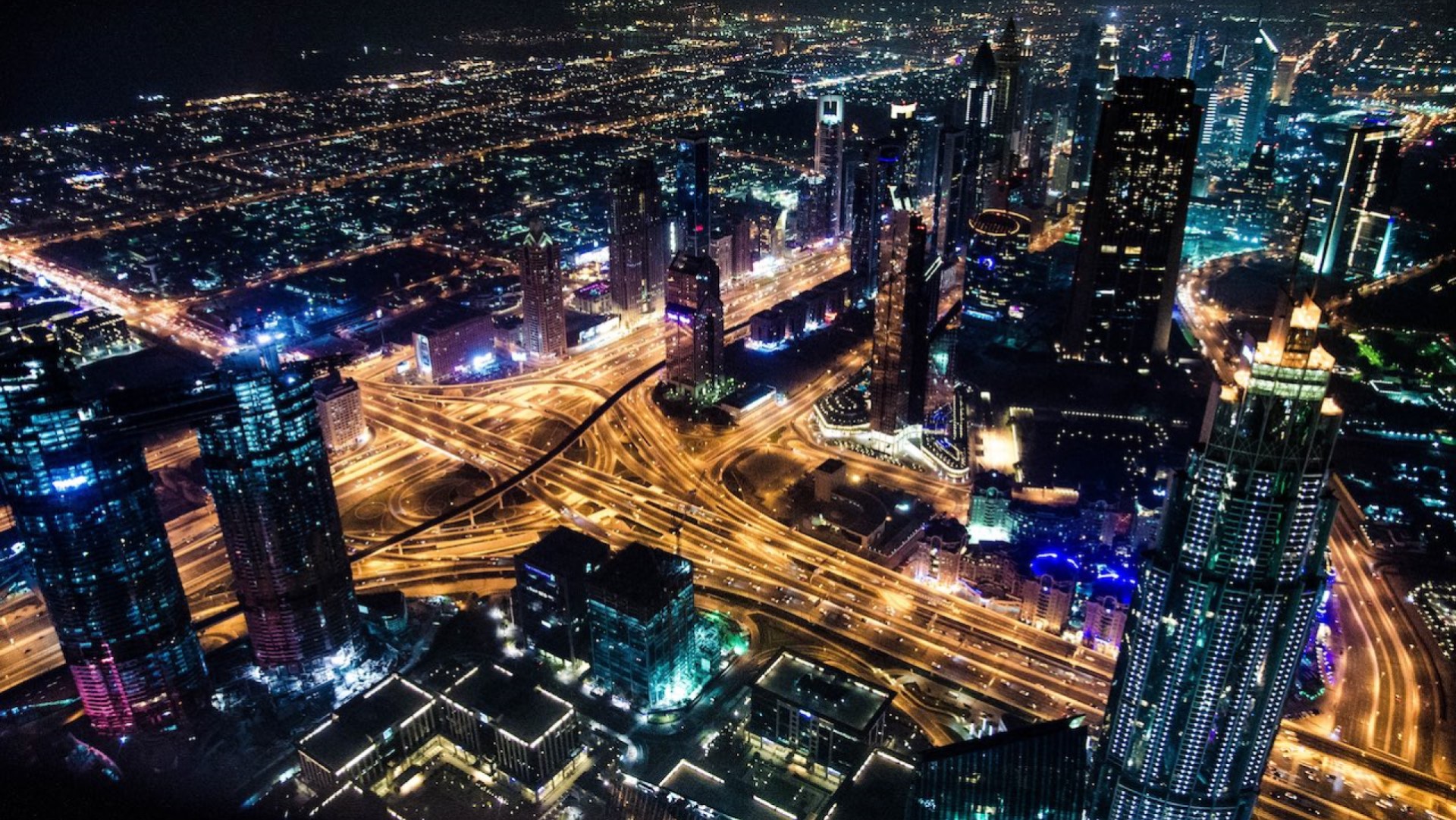Transport networks and systems

Transport systems modelling is important, it helps us design our transport systems to be sustainable, equitable, safe and cost-effective. Our research focusses on the development and application of mathematical models that describe transport systems and can be used as support tools to improve their design. In our work, we develop choice models based on behavioural and economic theories to understand and represent traveller preferences (e.g., route choice), traffic flow and network theory to ensure that transport networks are described appropriately (e.g., how road travel time varies with the number of vehicles on the road), as well as use mathematical models and computer science to model interactions, resolve real-world cases and optimise designs.
We work from a systems perspective, but also focus on individual transport modes to better describe each specific component within the system. Key aspects of our current research within the field include:
Travel behaviour: Analysing observed behaviour improves our understanding of traveller preferences, enabling us to represent this better in models of our transport systems. This is supported by novel and traditional data sources such as travel card data, vehicle trajectory data and questionnaire-based national travel surveys. Examples include identifying route choice preferences of car drivers, bicyclists and public transport passengers, as well as determining attributes that makes public transport users feel safer at stations.
Transport network modelling: Novel data sources and additional computational power facilitate more disaggregate representations in transport systems' models. However, this poses the need to develop new theories and approaches to ensure that models are behaviourally realistic, theoretically consistent and tractable even for large-scale applications. For example, this involves modelling static and dynamic equilibria, spatio-temporal demand patterns and the distinctive characteristics of bicycle traffic.
Planning and operations: Thoughtful design reduces congestion, travel times and environmental impacts while increasing accessibility, safety, equity, and possibly health. It also supports economic growth, connects people to opportunities, and fosters social inclusion. Moreover, well-designed transport systems are adaptable to changing needs and emerging technologies, ensuring resilience in a changing world. Examples include design and optimisation of road pricing and tradable credit schemes, bicycle networks, public transport systems and shared mobility services.
Contact
Thomas Kjær Rasmussen Associate Professor, Head of Section Department of Technology, Management and Economics Phone: +45 45256562 tkra@dtu.dk